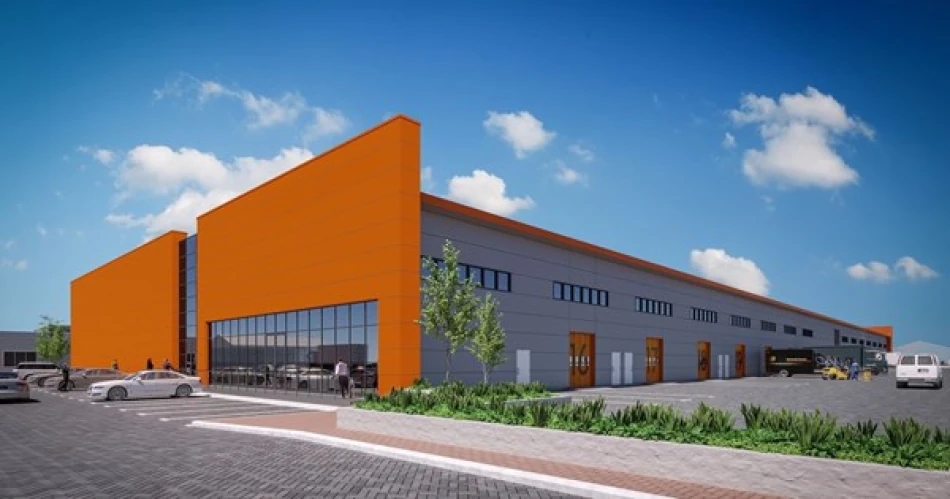
Dubai South Launches Multifunctional Facilities to Boost Logistics Sector
Dubai South Launches Major Logistics Hub to Challenge Regional Trade Centers
Dubai South has unveiled a sprawling 215,278 square-foot multi-user logistics facility that signals the emirate's aggressive push to dominate Middle Eastern trade flows. Set for completion in Q1 2026, the modular development targets everyone from SMEs to e-commerce giants, positioning Dubai as the region's go-to hub for companies seeking flexible, climate-controlled warehousing near critical transport infrastructure.
Strategic Location Drives Competitive Edge
The facility's placement within Dubai South's cargo district isn't coincidental—it sits strategically close to Al Maktoum International Airport and Jebel Ali Port, two of the region's most crucial trade gateways. This proximity offers tenants direct access to Dubai's main road networks, creating seamless logistics operations that can significantly reduce shipping times and costs.
This positioning reflects Dubai's broader strategy to leverage its geographic advantage as a bridge between East and West. While Singapore dominates Southeast Asian logistics and Rotterdam serves Europe, Dubai is methodically building infrastructure to cement its role as the Middle East's undisputed trade capital.
Flexible Design Meets Growing E-commerce Demands
The development offers two unit sizes—2,152 and 3,767 square feet—with ground-level access and full climate control systems. More importantly, the modular design allows businesses to combine units as they scale, addressing a key pain point for growing companies that often outgrow rigid warehouse spaces.
This flexibility is particularly valuable for e-commerce operators, who face volatile demand patterns and seasonal fluctuations. The ability to expand or contract space usage without relocating entirely could prove decisive for companies choosing between Dubai and competing regional hubs like Qatar's logistics zones or Saudi Arabia's emerging NEOM project.
Market Implications for Regional Trade
The timing of this launch is significant. As global supply chains continue reorganizing post-pandemic, companies are diversifying their logistics footprints away from over-reliance on single regions. Dubai South's new facility arrives as businesses reassess their Middle Eastern operations, particularly with Saudi Arabia's Vision 2030 creating new regional competition.
For investors, this development represents Dubai's commitment to maintaining its logistics leadership despite growing regional rivalry. The emirate is essentially betting that superior infrastructure and business-friendly policies will outweigh competitors' advantages like lower labor costs or larger domestic markets.
SME Focus Reflects Economic Diversification
Mohsen Ahmed, CEO of Dubai South's Logistics District, emphasized the facility's support for small and medium enterprises—a notable shift from Dubai's traditional focus on attracting large multinational corporations. This SME-centric approach reflects the UAE's broader economic diversification strategy, recognizing that smaller, agile businesses often drive innovation and job creation more effectively than corporate giants.
The climate-controlled units also signal awareness of regional challenges, from extreme temperatures to humidity that can damage sensitive goods. These features may seem basic, but they address real operational concerns that have historically pushed some businesses toward more temperate locations.
Competitive Landscape and Future Outlook
Dubai South's expansion comes as regional logistics competition intensifies. Saudi Arabia's massive infrastructure investments, Qatar's World Cup legacy projects, and Abu Dhabi's own industrial diversification all threaten Dubai's traditional dominance. However, Dubai's first-mover advantage in creating business-friendly free zones and world-class infrastructure remains formidable.
The 2026 completion timeline also aligns with broader regional development cycles, potentially capturing businesses planning Middle Eastern expansions as oil economies diversify. For logistics companies and traders, this facility represents another tool in Dubai's comprehensive ecosystem—one that continues evolving to meet changing global trade patterns.
Most Viewed News

 Layla Al Mansoori
Layla Al Mansoori






